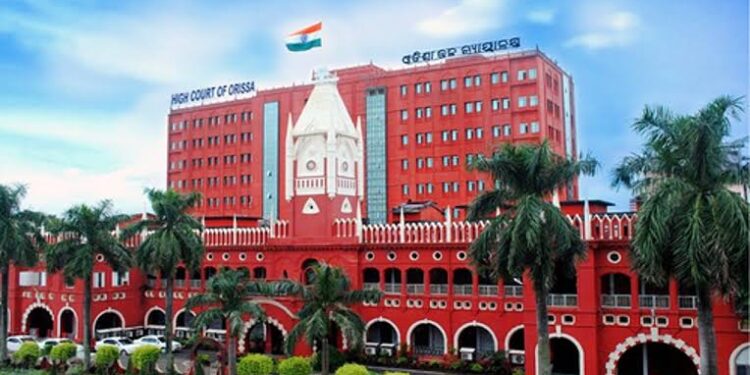The court has directed the individual to engage in community service, which includes cleaning hospital premises and planting 100 trees in Bhubaneswar.
The decision was delivered by a division bench of Justice Sanjeeb Kumar Panigrahi and Justice B.R. Das, who observed that false litigation clogs the judicial system and causes undue harassment to innocent citizens. To counter this, the Court opted for a punishment that not only corrects but also contributes positively to society.
Duties Assigned As per the Court’s directive:
- The accused will clean the rooms and wards of Capital Hospital in Bhubaneswar for one month.
- He must also plant at least 100 saplings—including native species like mango, neem, and tamarind—in the Dumduma area of Bhubaneswar during the upcoming monsoon season.
The Court has instructed the Superintendent of Capital Hospital to coordinate the cleaning duties, while local revenue authorities will assist in identifying suitable land for plantation. The local police station’s IIC and forest department officials have been tasked with supervising and verifying the implementation of these conditions, including post-plantation care.
Restorative Justice in Action
Legal experts have hailed the verdict as a step forward in promoting restorative justice, where the focus is on rehabilitating the offender and restoring societal balance, rather than just punitive measures. Environmental advocates also lauded the ruling for its focus on sustainability.
This case now stands as a beacon for how the judiciary can creatively address legal wrongdoings while fostering civic responsibility. The Orissa High Court’s ruling turns a misuse of legal process into a meaningful contribution to public health and the environment, reinforcing the idea that justice can be both corrective and constructive.

